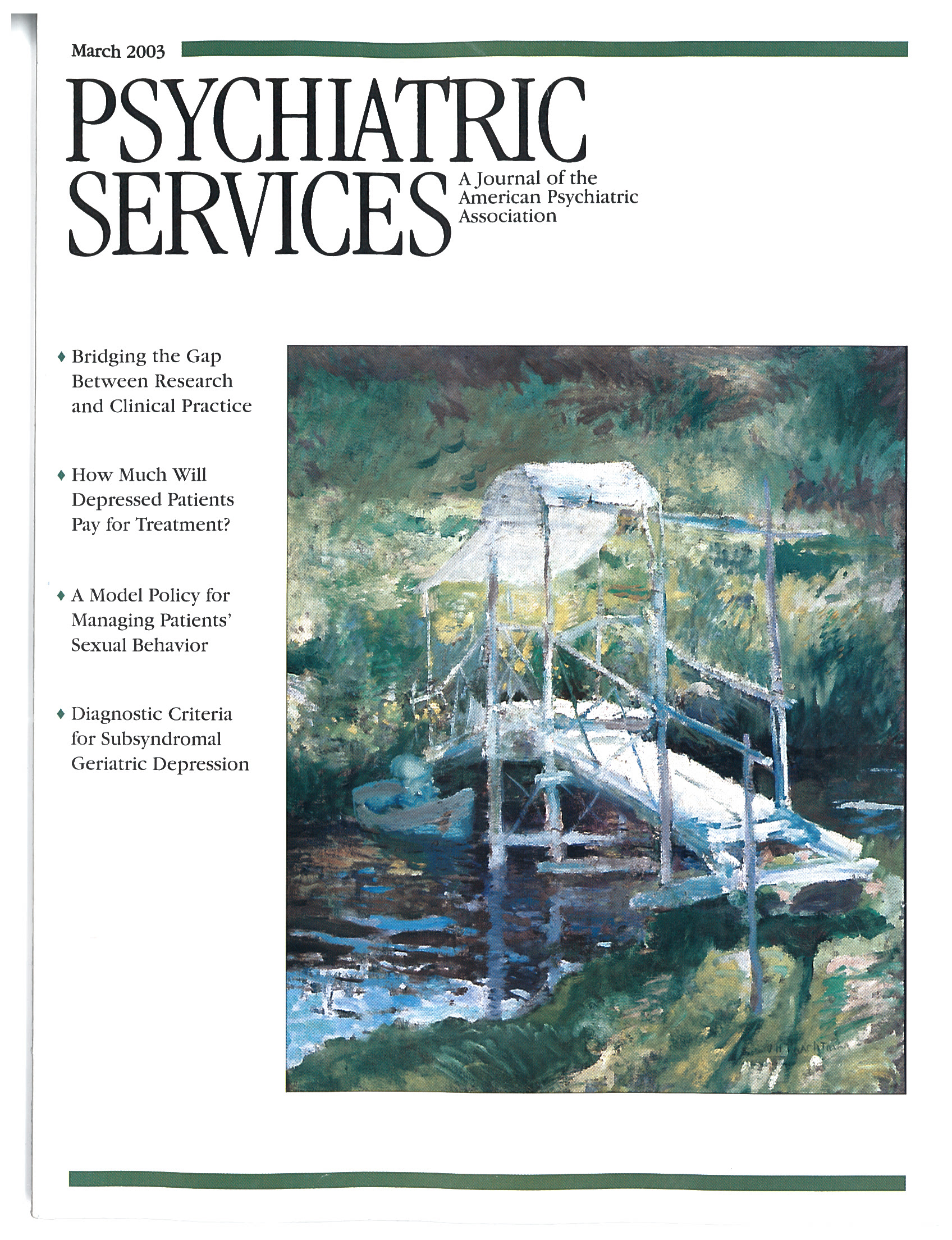Multimedia Reviews: Multimedia Overload Produces "Symplexity"
Abstract
Introduction by the column editor: We humans "know" from information mediated through our "natural senses." All outside signals come to us through some medium—sound waves, pressure and touch, light waves, radio and television waves, and so forth. McLuhan's famous mantra "The medium is the message" paradoxically highlighted the critical transformation of meaning when each type of medium—radio, television, drums, hand signals—by its very nature modifies the message it is transmitting.In this month's column Dr. Zingrone brings challenging new ideas to the field of human communication and vividly describes the communication distortions that occur when the overload of increasingly complex modern media results in a paradoxical diminution of meaning itself. He has coined a term for this unintended consequence and given it to his exciting new book, The Media Symplex: At the Edge of Meaning in the Age of Chaos (1). Many of us may recognize the effect created by this accelerating phenomenon—our stupefaction as we experience the onslaught of sound and visual signals produced by a television news screen, where an avalanche of rapidly changing, overlapping, and distorted visual images flash at our eyes while screeching, undulating synthetic "music" crashes about our ears. And in that chaos we struggle to find meaning,Dr. Zingrone, who worked with McLuhan and who has written extensively about his work (2,3), has succeeded in his new book to move the pioneering work of human communication scientists forward and thereby help us all to understand the developing paradox and danger of more communication yet less meaning.



